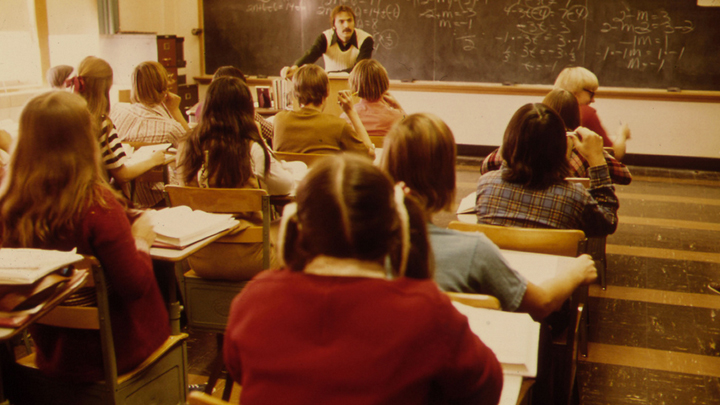Are we losing the only education we can’t buy?

This morning I was driving and listening to my regular talk back radio show. They always talk about interesting things that I find incredibly thought provoking, and today they were talking about something that struck a chord with me. The question was, “How do we teach our children the things that matter?”
The conversation delved not only into what we teach our children but how we teach them. It seems like something we all take as being pretty intuitive but the reality is that for so many people, teaching their children the important things doesn’t come easy. Especially when our own history can complicate things.
One female caller rang in and shared her story. She has two sons – 18 and 20 years old – and has a huge fear that they will one day drink and drive. Why? Because she did when she was 21 and it resulted in an accident that very nearly took her life. And she shared that the hardest thing about teaching her boys that drinking and driving is the wrong thing to do, was that she was the example. And if she was to walk around wagging the finger telling them how bad and how wrong it is, she felt like she was being a hypocrite.
So many of our life experiences and the things we’ve learnt have come out of mistakes we have made. But how do we teach people these lessons and pass on the valuable knowledge we’ve gained without preaching and taking away their chance to make their own mistakes to learn the way we did?
Teaching right from wrong is something that needs to be intuitive. As parents or grandparents the best kind of teaching is to shape their moral compass so when they are faced with the big questions, they have the guidance to know what is the right decision to make. If I had been the lady who called in, I would take the approach of highlighting the risks and explaining why it is wrong to my children – not telling them about my exact experience.
Everyone needs to learn from their own experiences and grow from their own mistakes, that is just a part of life. But it is human nature to seek the opinions of others, and in cases like this we can assume that this will always happen. This is why grandparents are so important. Younger people often hold tension with their parents, stemming from boundaries placed around them in order to help them learn, so this means that grandparents often become a sounding board.
I know that my granddaughter regularly comes to me to talk about things like friendships, decisions about her future and even her schoolwork. It isn’t because her parents aren’t a strong influence in her life, it is because they play the role of setting up that moral compass and she tests her own decisions on me as that sounding board.
Every now and then I have to think to myself, have people stopped valuing the moral compass and prefer others to be book smart and knowledge savvy? The more and more we hear about people committing crimes, defaming others and cheating others makes me think that we’ve stopped valuing that moral compass. And the big question is, who is to blame?
Are too many, parents, grandparents and other people trying to tell their children and grandchildren what to do instead of guide them through life and equip them with the moral compass to make their own decisions? Do we live in fear of our offspring and loved ones repeating our mistakes and so we do what we instinctively feel is the best thing for them by telling them what is black and what is white with no indication of why or what is grey?
I want to know what you think. Are we still guiding our children and grandchildren in the way that matters? Or has the art of true teaching been lost? Share your thoughts in the comments below…









 Proudly Australian owned and operated
Proudly Australian owned and operated